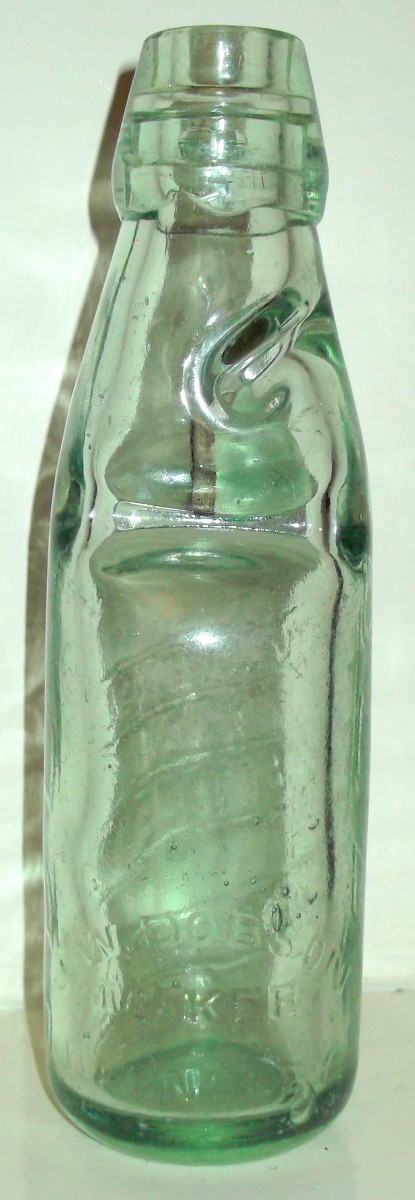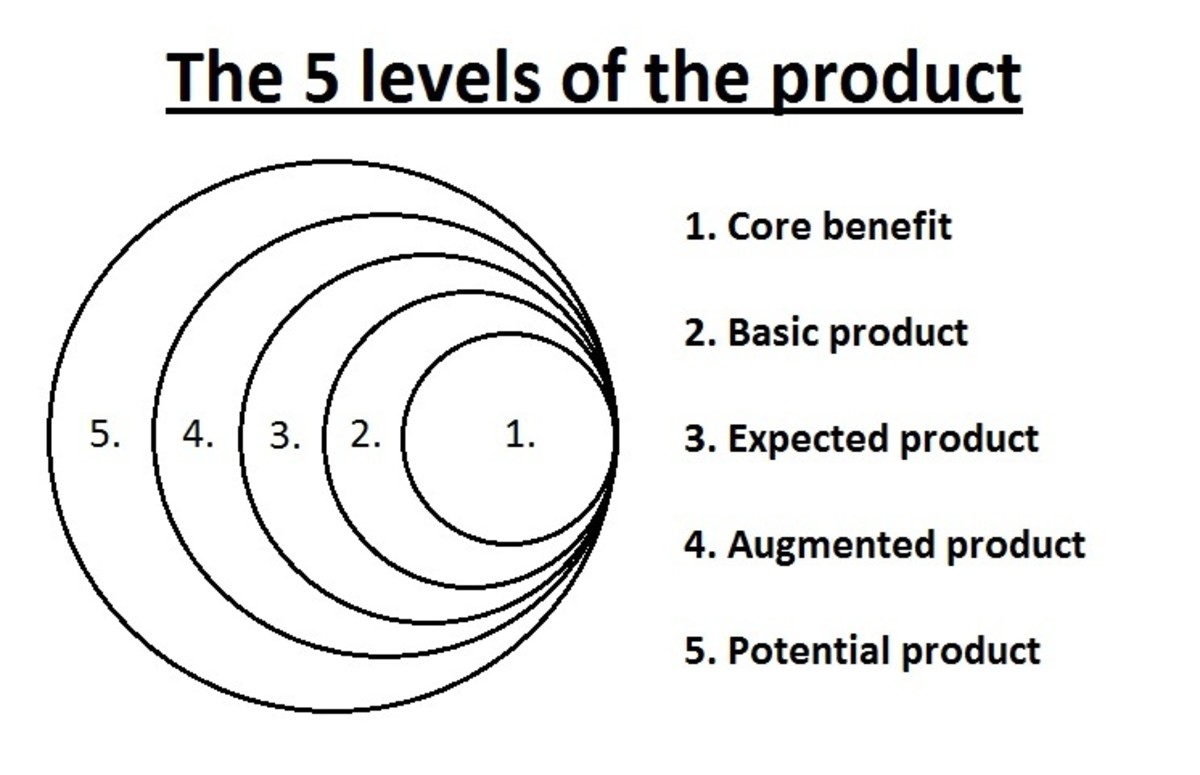Which Identification Products Can Be Made Using Metal
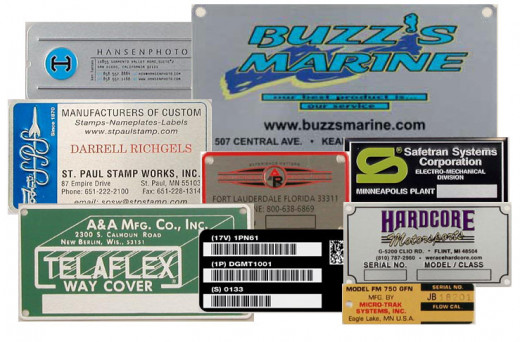
Did you know that identification products can be made using a variety of materials? Did you know that metal is one of the materials that can be used to create these products with? Which identification products can be made using metal and why should you choose metal for these?
Before we explain why metal is a good material for these things, let us first understand what exactly identification products are. As the name implies, these are products that help you identify what it is on. Identification products can give you the brand of the item, can tell you where it was manufactured, what voltage it requires, and many more. In short, it gives you information about the item it is on.
An identification product or tag can come in many forms and these forms dictate what information can be found on the tag. For example, if it is a brand tag, then the information you will probably get from it is the brand of the item. Some brand tags carry more than just the brand name however, with some carrying the name of the company that made it and the address of the said company.
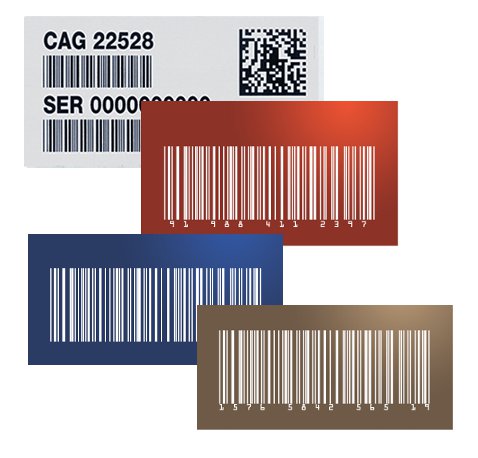
Types of Identification Products That Are the Most Commonly Used
There are a number of rather common identification tags that companies use these days. These help them in one way or another, and are essential to their continued operations. Here are some of the more commonly used ones that are often customized for their needs:
Brand Tags – as mentioned earlier, brand tags are those tags that are used to imprint a company’s brand onto a product. These tags help people identify which product belongs under which brand, and by extension, which company manufactured such a product. These brand tags can carry just the brand on it, or it can carry other information that the company may want it to carry, such as contact information, date of manufacture, and the like.
Barcoded Tags – these tags are often used on items that you buy, however that is not the only use these tags have. You can actually have these tags made out of metal and use these as inventory and asset tags that are attached to heavy duty equipment or on machinery. The use of barcodes will help with inventory and asset tracking, and will allow companies to encode more information about an asset or item without eating up too much space on the tag. This will also allow for faster inventory and asset tracking since all you will need is a barcode scanner.
Model and Serial Plates – did you know that model and serial plates play a big role in helping companies keep track of everything they manufacture? Model numbers may be the same for all products that are of the same composition and design, but serial numbers are unique and actually help business a lot. Tags with serial numbers help businesses with warranties, repairs, troubleshooting, and even recalls. This is because these tags are what help identify individual items, and are registered as sold by retailers once these are purchased by a customer. The serial number is then activated by the manufacturer in order to determine how long the warranty will be active. Model numbers, on the other hand, help with troubleshooting and can be used to ask about repair guides.
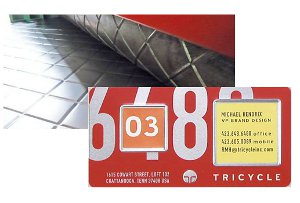
Why Use Metal for Identification Products?
People may be wondering why metal is used to create these tags, and there are actually many good reasons why. The primary reason is durability, and the need for durability often comes with the kind of exposure these tags are faced with. Most of the identification products that are made using metal tags are those that are used on products which are exposed to harsh or tough conditions.
These products include machinery, farm equipment, kitchen appliances, factory equipment, and many more. Metals that are used to create these tags are often tarnish resistant and rust proof, and these include stainless steel, aluminum, bronze, and brass. These are also resistant to chemicals, heat, cold, and inclement weather.
Some companies use metal tags for other purposes, aside from durability. Sometimes it is to create a unique tag for a product that usually does not use such a tag, like bags, shoes, caps, and clothing. In this case, the choice to use metal identification tags or branding tags, is a decision that hinges in creativity and making the products unique as well as desirable.





